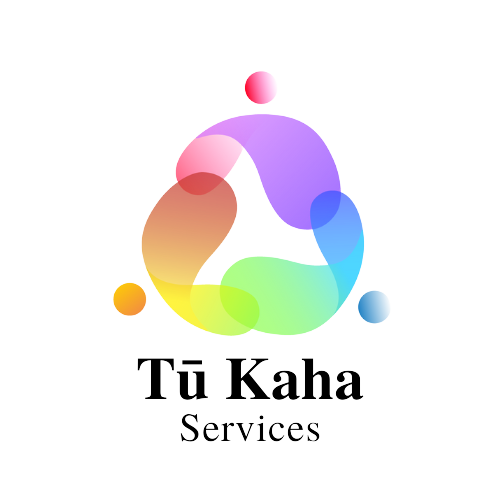Exploring Supported Independent Living (SIL) in New Zealand

Supported Independent Living (SIL) is an empowering service available in New Zealand that enables people with disabilities to live independently while receiving tailored support. It provides an alternative to full-time residential care, helping individuals maintain autonomy and actively participate in their communities.
What is Supported Independent Living?
SIL offers flexible support for people who want to live in their own homes or other chosen accommodation but need assistance with daily living activities. Support can range from a few hours a week to more regular help, depending on individual needs.
Services may include:
- Assistance with cooking, cleaning, and managing a household.
- Support with budgeting, shopping, and personal care.
- Guidance in building social connections and participating in community life.
This approach reflects the principles of Enabling Good Lives (EGL) by fostering independence, choice, and inclusion.
Eligibility for SIL
To access SIL, individuals must:
- Be aged 17 or over.
- Be eligible for disability support services, assessed by a local Needs Assessment and Service Coordination (NASC) provider.
- Be willing and able to live independently with support.
The NASC team works with individuals and families to identify support needs and eligibility.
SIL Service Providers in New Zealand
A range of organisations deliver SIL services, each offering unique expertise and support models:
- CCS Disability Action: A national organisation offering Supported Independent Living across regions, focusing on inclusion, choice, and empowering individuals to lead independent lives. (ccsdisabilityaction.org.nz)
- IDEA Services: Provides flexible support to help individuals live independently, develop life skills, and participate in their communities. (idea.org.nz)
- Spectrum Care: Offers independent living support, including in-home help and community participation assistance. (spectrumcare.org.nz)
- ConneXu: Tailors Supported Independent Living to each person’s goals and needs, helping individuals build confidence and life skills. (connexu.nz)
- Enrich+: Provides person-centred support for individuals with disabilities and autism, focused on achieving independence and personal aspirations. (enrichplus.org.nz)
- Wesley Community Action: Supports people to remain independent in their homes while staying connected with their community. (wesleyca.org.nz)
- Renaissance Group: Offers outcome-focused supported living services, helping people manage their homes and daily activities with reduced formal support over time. (renaissancegroup.co.nz)
Benefits of Supported Independent Living
Supported Independent Living offers a range of benefits:
- Choice and control: Individuals decide how and where they live.
- Skill-building opportunities: Support is designed to build confidence and practical skills.
- Community participation: Encourages involvement in local activities, volunteering, and employment.
- Flexible support: Services adapt as needs change over time.
How to Access SIL
To explore Supported Independent Living options:
- Contact your local NASC provider: They will assess eligibility and recommend support options.
- Develop a personalised support plan: Collaborate with NASC, your family, and a chosen service provider.
- Select a provider: Choose an organisation that aligns with your needs and goals.
Conclusion
Supported Independent Living gives disabled individuals in New Zealand the opportunity to live independently, with the support they need to thrive. Providers like CCS Disability Action, IDEA Services, Spectrum Care, ConneXu, Enrich+, Wesley Community Action, and Renaissance Group offer trusted services to make independent living a reality for many.
For more information, reach out to your local NASC or visit provider websites to explore the available services.




